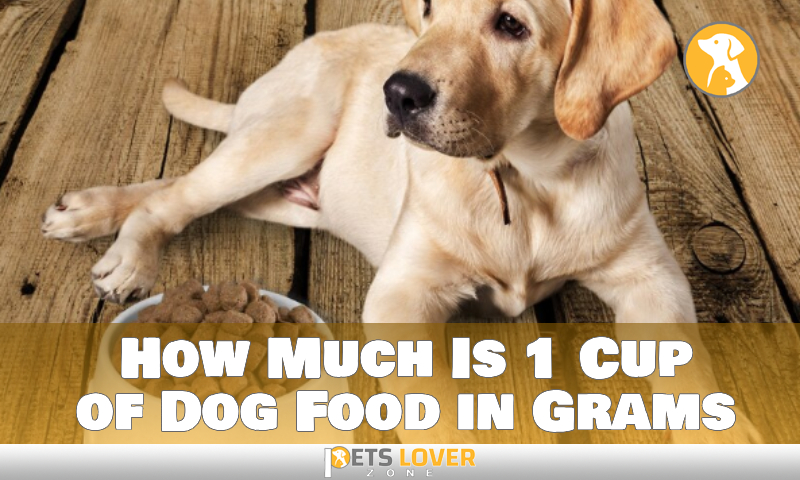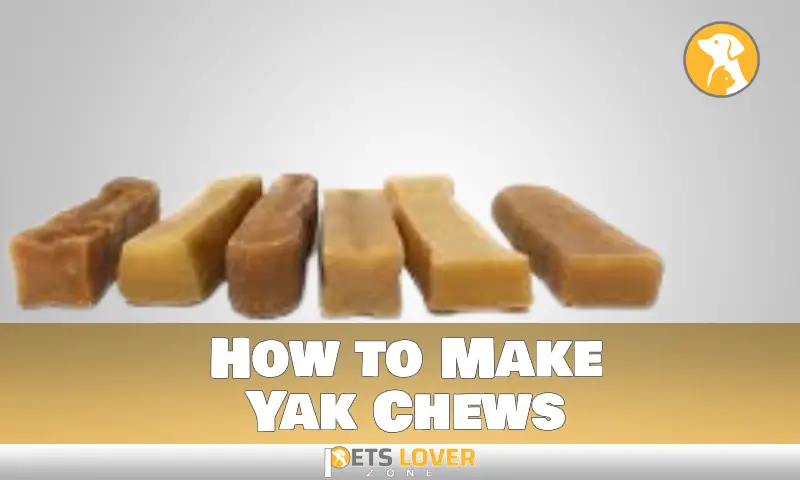Pugs are a beloved breed of dog, known for their outgoing personalities and fun-loving nature. But before you can enjoy their charm and companionship, you have to grow them up from a puppy. As with any type of pet, this means providing your pup with the right nutrition and care to ensure they stay healthy.
If you’ve adopted or purchased a pug puppy, you may be wondering what the best food is for them to grow up healthier and stronger. After all, a balanced diet is key to promoting optimal health in any pet, and pugs are no exception. Luckily, we’re here to help!
We’ve done our research on the best food for growing pug puppies, so you can make sure your pup gets all the nutrients they need while they’re growing. Keep reading to learn more about why certain foods are beneficial for pug puppies, as well as our top picks for what’s best.
Factors to Consider When Buying Food for Pugs
When it comes to choosing the best food for your growing Pug puppy, there are a few key factors to take into account.
Firstly, pugs have sensitive digestive systems and need food that is easy to digest. The kibble should be small-sized and designed for puppies, so that they can chew and digest it easily.
Second, pugs require a diet with low to moderate fat content. Fat is an important nutrient for puppies, but too much can lead to digestive issues. Look for foods that are focused on high-quality animal-based protein sources, as this will provide essential nutrients without the risk of stomach upset.
Finally, make sure that the ingredients list on the food label shows quality ingredients like real meat or fish rather than fillers and by-products. This ensures that your pug is getting all of the necessary vitamins, minerals and nutrients required for healthy growth and development in these early months.
What Should Be in the Food for Pugs
Pug puppies need a balanced diet that includes lean animal-based proteins such as chicken, turkey, or fish as the first ingredient on the label. Protein is critical for strong bones and muscles and supports a healthy heart.
Fruits and vegetables add antioxidants, vitamins, minerals and other important phytonutrients to your pug’s diet. Ideally, these should include dark-green leafy vegetables such as spinach and clear fruits such as apples or pears.
For best results from your pug puppy’s diet, avoid artificial colors, flavors and preservatives. Many people find freeze-dried raw food is a good choice for pugs because it contains all the nutrients broken down with natural enzymes while holding in its original nutrient values.
Wet or Dry Food for Young Pugs
When it comes to deciding between wet vs. dry food for your Pug puppy, the debate is ongoing.
Wet Food
For pug puppies, many owners prefer wet food due to its higher moisture content and softer texture. It is usually more calorically dense than dry food, which can be a plus for growing puppies who need extra nutrients and energy. Canned food is also easier for a small dog to eat, which can make mealtime easier.
Dry Food
On the other hand, dry kibble is better for a puppy’s teeth since it helps with tartar build-up and prevents gum disease. Dry kibble also has more fiber than canned food, helping with digestion and reducing stool odor. Keeping in mind that your pug puppy will have adult teeth by 6 months of age, it may be worth considering switching from wet to dry as they get older if you are worried about oral health.
Protein Requirements for Growing Pugs
Pug puppies require higher amounts of protein in their diet to help them grow, maintain muscle mass and keep their energy levels up. To ensure a healthy and balanced diet, pug puppies need 25-30% protein in their diets. This is higher than adult pugs, which need around 22-28%. When selecting the best food for growing pugs, it’s important to make sure the commercial dog food contains adequate amounts of protein – around 30%, with 20% fat.
To maintain a healthy level of protein in your puppy’s diet, look for high-protein ingredients such as real chicken, salmon and lamb meal, along with other added additives like vitamins and minerals. It’s also important to avoid artificial flavors and preservatives that can irritate your pup’s digestive system.
Vitamins and Minerals Essential for Puppy Pugs
For pug puppies, the most important nutrients include vitamins and minerals that support their growth and development. Vitamin A contributes to eye health, fetal development, immune system support, and growth. These 15 key dog vitamins and minerals include Vitamin A, B1, B2, B5, B6, D, E, K; as well as Calcium, Phosphorus, Sodium, Magnesium, Potassium Chloride and Sulfur.
But it isn’t just having the right vitamins and minerals in the diet—it’s also about making sure these nutrients are in a synergistic blend that helps the puppy access them easily. When dogs receive these essential vitamins and minerals in the correct ratios for their age and activity level in their diet it makes a world of difference for healthy growth.
Transitioning to Adult Food for Pugs
When it comes to deciding what to feed your pug puppy, gradually transitioning them to adult dog food is key. This transition should begin when your pug puppy has reached 80% of your expected adult size, usually between the ages of 12 and 16 weeks.
It is important to note that this transition should not be rushed, as it can cause unwanted digestive problems. Instead, you should plan for a 5-7 day transition period from puppy food to adult food. Here’s how:
- Start by combining ¼ of the new food with ¾ of the old puppy food for about three days.
- Increase the portion of the new to old ratio to 1/2 over the course of two days.
- After that, start feeding 2/3 new food and 1/3 old puppy food at a time for the remaining two days.
- Finally, make sure your pug receives only adult dog food after the transition period is complete
By gradually transitioning your pup’s diet in this manner, they can enjoy a healthy life filled with delicious adult-level nutrition!
People Also Like: Pitbull Puppies: How Many Puppies Does a Pitbull Have?
Conclusion
In conclusion, the best food for your growing pug puppy will depend on their age, weight and activity level. It’s important to choose a high-quality, nutritionally balanced food that contains all the essential vitamins, minerals, proteins and fats needed for proper growth and development. As your pug puppy matures, you may need to adjust their caloric and nutrient intake for their age to ensure the best health for them. With a little research, you can find the best food for your growing pug puppy to help them stay healthy and happy.






